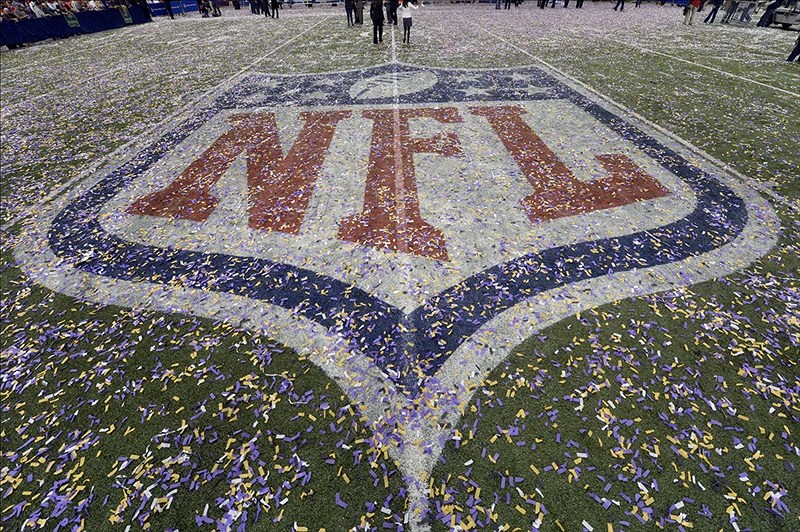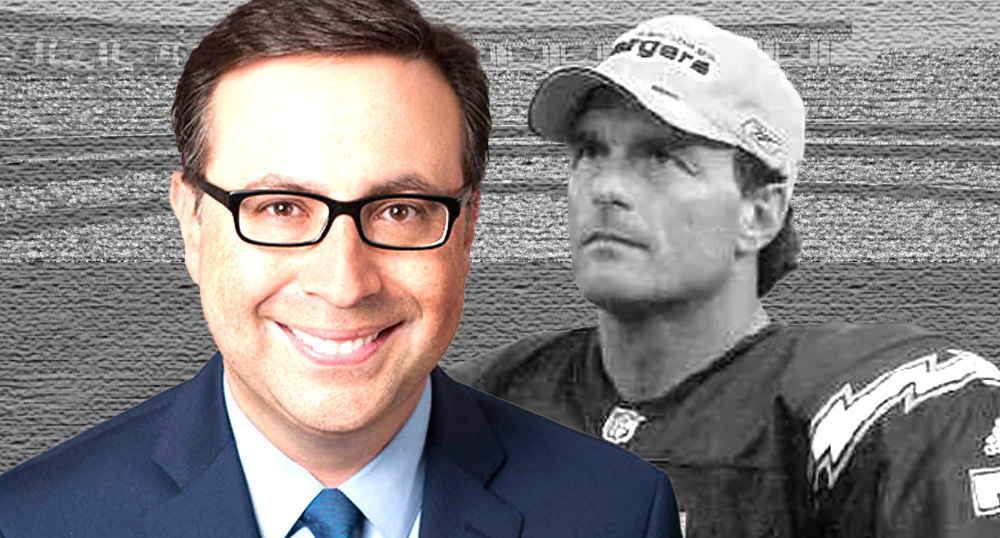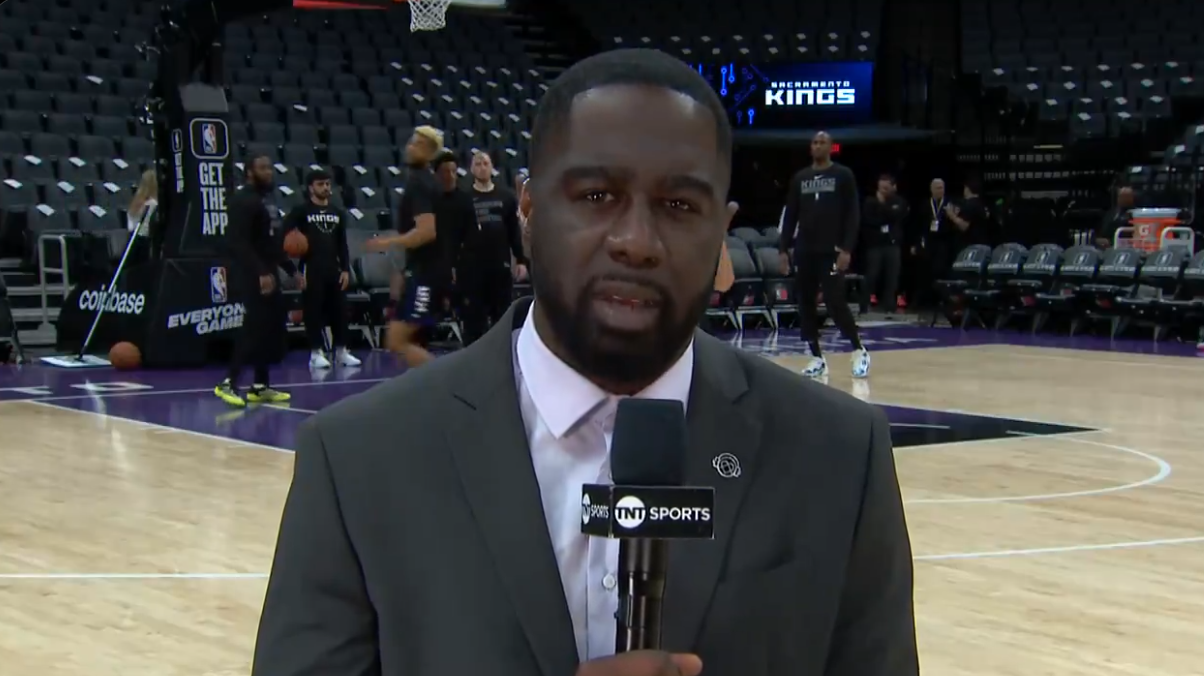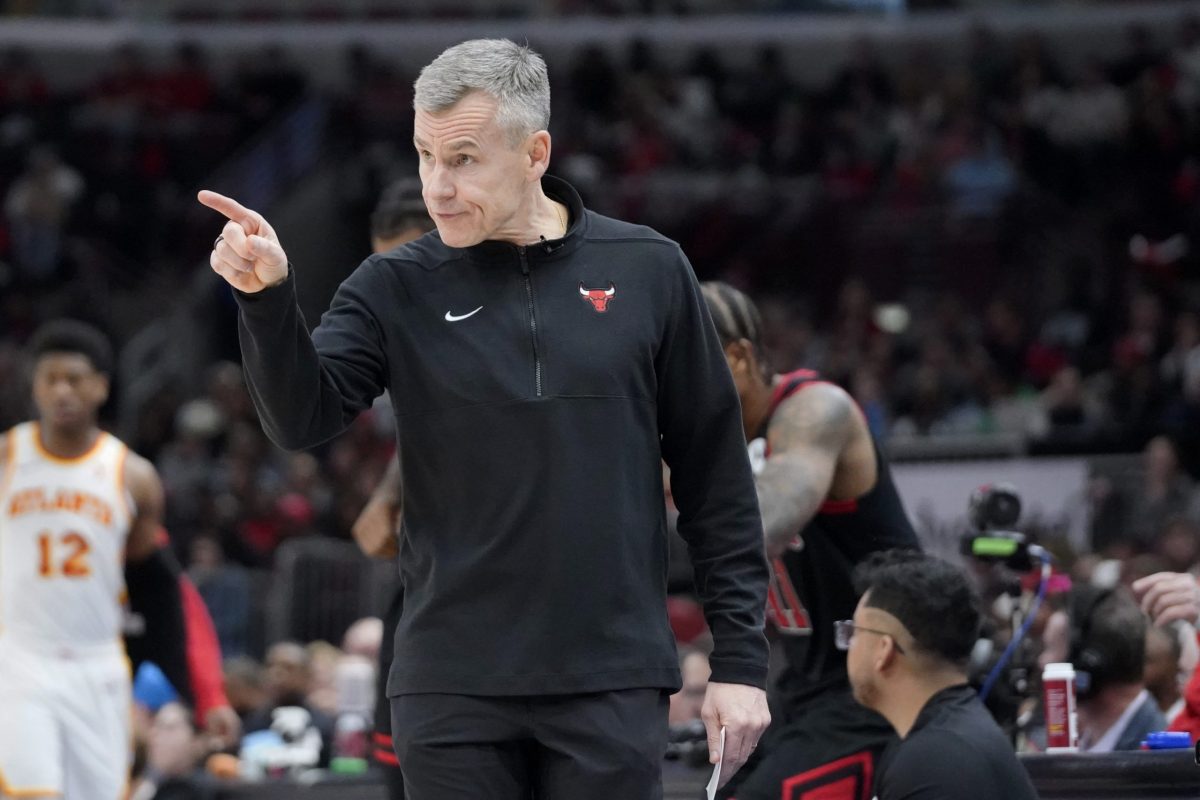
ESPN's decision to back out of its partnership with PBS for an Outside The Lines/Frontline documentary on concussions has created quite a stir, with everyone from Richard Deitsch to Dave Zirin to ESPN ombudsman Robert Lipsyte weighing in strongly on the implications for the network and its journalistic credentials. The key question at stake here is how much influence the NFL, and ESPN's rights deal with the NFL, had on ESPN president John Skipper's decision to cut ties with PBS.
If this was merely a branding decision and if ESPN is going to continue to aggressively report on serious NFL issues such as concussions, as Skipper claims, that's one thing: it would still be a questionable decision at best, but it also would leave ESPN well ahead of most of their fellow NFL rightsholders on how much they're willing to question the league. However, if this was really an indication that the business side of ESPN is starting to push the journalism side (something perhaps indicated in the recent programming bump of Outside the Lines as well) to be more friendly to partner leagues, that's a serious problem, and one that leaves the entire landscape of NFL rightsholders looking rather unreliable as sources for news that's critical of the league.
The key evidence for NFL pressure on ESPN comes from a James Andrew Miller and Ken Belson report in The New York Times. Miller reported that NFL commissioner Roger Goodell and NFL Network president Steve Bornstein had lunch with Skipper and ESPN executive vice president for production John Wildhack, and said that turned into a combative meeting with the NFL officials putting pressure on their ESPN counterparts to back away from the documentary. What's interesting is that Skipper has confirmed he discussed this with Goodell, and he also told Lipsyte he talked with Disney chairman and CEO Bob Iger (Disney/ABC owns ESPN) and lawyers for both ESPN and Disney. Skipper maintains that axing the PBS partnership was his decision and his decision alone, and that it was made solely for branding reasons rather than NFL or Disney pressure.
Many both inside and outside ESPN disagree, and add that the business side is becoming ever-more influential on the journalism side. From Zirin:
One leading columnist and television personality at the network said to me, "Generally, ESPN's business interests will always be at odds with its journalism. It is not a journalism company. It's an entertainment company. This is the age of journalism we live in, not just at ESPN, but everywhere. Journalism is increasingly more corporate. When you get in bed with the devil, sooner or later you start growing your own horns."
In theory, there is supposed to be a wall at ESPN between the business side and the journalism side. But, like many walls across the earth, it tends to exist to separate the powerful from the powerless. One former employee said to me, "The ESPN wall is about as effective as the Great Wall of China. It can look impressive but there are plenty of ways around it and lots of holes. It's an idea but like many ideas it doesn't work in practice."
A current ESPN journalist said to me, "I don't think those on the business side are bad people. But what you have are people with utterly opposed jobs. Their job is to keep the broadcast partners happy. Our job is to investigate them. That theoretically could produce a creative tension but the power imbalance is ridiculous. It's like they're Mike Tyson and we're Evander's ear."
From Lipsyte, who also discusses the message sent with OTL's scheduling change:
This is a dicey time for the journalism side of the ESPN bifurcation. For all the current fuss, an even stronger message than ESPN's disassociation from the "Frontline" project was the network's recent decision to reschedule the Sunday morning OTL show from 9 a.m. on ESPN to 8 a.m. on ESPN 2 during the fall. A justifiably proud show is being demoted .. for more football talk! …
"It's sad because it sounds like a terrible blow for journalism at ESPN," Sandy Padwe, a Columbia journalism professor, said of ESPN's breakup with "Frontline." Padwe, who recently ended a hitch of almost 19 years as a consultant to OTL, added that many journalists inside of ESPN are "demoralized by the capitulation and so much fine work is being marginalized."
What's particularly worth noting, though, is that as concerning as it would be if ESPN really is bowing to NFL pressure (or is making decisions internally with a goal of pleasing the NFL), that makes them more of the norm for rightsholders than the exception. Fellow NFL rightsholders CBS, Fox and NBC haven't exactly tended to push the envelope with serious reporting on matters such as the NFL concussion crisis.
While there have been some interesting reports on this front from all of those organizations, they're not often breaking concussion news, and their discussion of other organizations' reports has generally been done in lower-profile arenas online or as a minimal part of an overall NFL television package.
While ESPN deserves criticism for pulling out of the PBS partnership, a deal specifically focused on concussion reporting, it's hard to see any of those other networks even initially going into an arrangement like that. NBC and CBS Sports aren't well known for their in-depth journalism as a whole, let alone on NFL concussions. Considering the newest 24/7 cable sports network, Fox Sports 1, is positioning themselves as the network for "fun" it's hard to envision them conducting anything with the weight and significance that Frontline is planning.
Thus, what will be crucial to watch is how ESPN proceeds from here. If they keep pressing the NFL hard, breaking concussion news and other stories harmful to the league's brand and giving those stories substantial play, then this dissolution of the PBS partnership may not be a huge factor in the long term. It will be remembered as a poorly-thought misstep by ESPN and a clumsy move, but not something that necessarily marked a watershed moment in the business/journalism divide.
If, however, it's an indication that ESPN is going to start treating the NFL with kid gloves overall, that will be another sign that rightsholders are reluctant to challenge the almighty power of the NFL shield — and that other outlets, whether traditional print, online-only, radio or otherwise, may have a more important role to play going forward in breaking news on stories critical of the NFL brand.
ESPN's far from the only culprit who goes along with the league, and they've actually arguably done much more than their rightsholding counterparts on the concussion front (particularly with Outside The Lines). The question going forward is if the PBS breakup is just one bad move, or if it's an indication that ESPN's set to fall back to the NFL rightsholder pack. If it's the latter, that's a further indication that perhaps most of the news critical of the league will have to come from non-rightsholders going forward.





